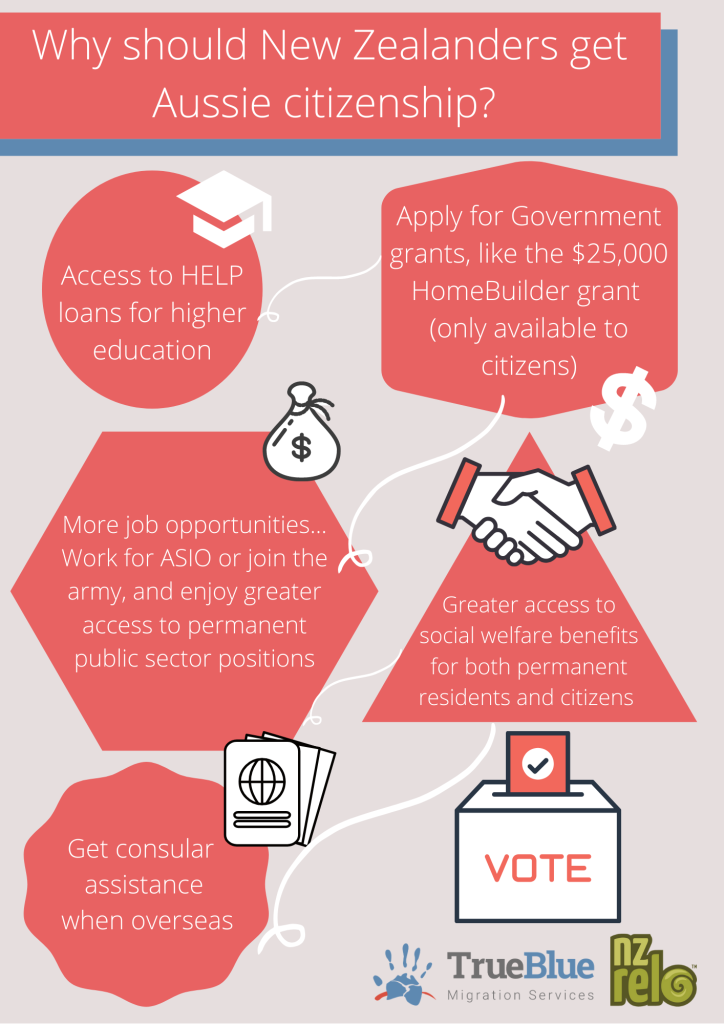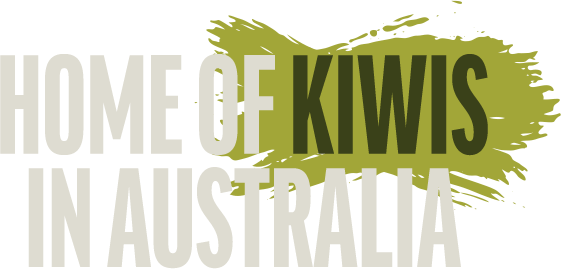
The new financial year brought changes for the 189 New Zealand stream visa.
It is now easier than ever for New Zealand citizens to qualify for permanent residency in Australia.
Update to income requirement
Previously, primary applicants needed to show a minimum income of $53,900 for each of the four financial years prior to making an application (unless exempt).
Now, if you’re applying, you only need to meet this requirement for three out of the last four years. This opens the 189 New Zealand visa up to thousands of additional applicants. However, there is one caveat here: the financial year immediately preceding the application must be one of the three years during which income requirements were met.
Covid impact on wages
If your wages were impacted by Covid and you didn’t earn over $53,900 in the financial year ending June 2020, don’t panic.
The Government recently announced an income exemption for people impacted in this way.
You’ll be able to claim this exemption if – minus the pandemic – you would have ordinarily had a gross income at least $53,900 that year. This broadly covers situations such as:
• Your work hours were reduced or shifts changed based on Covid’s impact on your employer’s business
• Your employer’s business closed over a lockdown period;
• You had to self-isolate and were unable to attend work;
• You had caring responsibilities based on shutdowns (such as childcare or school closures) and could not continue to work your usual hours;
• Your work was terminated due to Covid-related impacts on your employer or
• You received the JobKeeper payment
When does the NZ 189 income change come into effect?
It already has! The changes were brought in on 1 July 2021.
Are there other income exemption reasons?
Yes. You can claim exemptions for other reasons too. For example, if you’ve been off work on parental or carer’s leave and earned above the income threshold prior to that. You can also claim an exemption if you were injured and receiving compensation, and this prevents you from meeting the income requirement.
Why should New Zealanders apply for Australian permanent residency?
If you’ve heard about this visa, chances are that you’re wondering what the point of it is.
There are lots of benefits to becoming an Australian permanent resident and then a citizen.
As a permanent resident, after an initial waiting period, you will have much greater access to social welfare assistance then you do on a Special Category Visa (SCV). There are also many grants and subsidies which can only be claimed by permanent residents and citizens.
Becoming a citizen can open up more job opportunities; there are still a number of permanent public sector roles which can only be filled by permanent residents and citizens.
Citizenship also means access to HELP loans and other support, without having to meet the same strict criteria as SCV holders.
You get to keep your Kiwi citizenship so you’ll be a dual passport holder – the best of both worlds!
Free visa assessment
If Australian PR is something you’re considering, we can assess your eligibility for free and let you know whether you qualify and what costs are involved.
One of the major benefits of the NZ stream 189 visa is that you don’t need to pay your full Government fee upfront. You pay just 20 per cent at the time of lodging.
On top of that, our professional fee to manage it can be split into three parts, making this visa one of the most affordable and flexible out there.
We look forward to learning more about these new and improved offerings, but in the meantime, run – don’t walk – if you’re eligible to apply for Australian citizenship.



Disclaimer:
The information displayed on these pages is intended to provide a general overview of some Australian visa types. It is not a substitute for tailored, professional advice relating to your own personal circumstances.
There are dozens of Australian visa subclasses; we refer to only a narrow selection here
Migration policies and regulations change frequently. We are not responsible for any errors or omissions relating to the generic information supplied here.
You should always seek up-to-date advice from a Registered Migration Agent or refer to the Department of Home Affairs website prior to lodging an application. For more information visit www.truebluemigration.com





